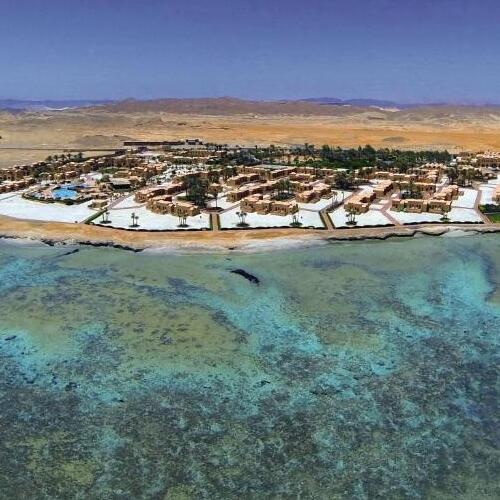No other nation in the world says ‘Welcome’ as often as the Egyptians, and every time, they mean it. While the ancient civilization of Egypt continues to amaze, contemporary Egyptians are equally remarkable.
History Unlocked
Unlocking Al Quseir's Ancient Secrets: A Historical Journey
Al-Quseir, translated from Arabic as “The Smaller Version,” belies its name with a grand historical tapestry. For over 4,000 years, this city has been a pivotal node in the Red Sea’s network of voyages, hosting pilgrims, pleasure seekers, and merchants.
The Genesis of Adventure
Renowned for Queen Hatshepsut‘s expedition, Al-Quseir’s history is peppered with tales of lesser-known yet equally daring voyages. During its zenith, it was a vital port, connecting disparate worlds.
The Roman Era: Myos Hormos
In Roman times, Al-Quseir, known as Myos Hormos, was an economic powerhouse. Here, over 100 ships daily ferried goods like wine, glass, and precious stones from Egypt, returning laden with treasures from India and East Africa. Remnants of Myos Hormos, a stone’s throw from contemporary Al-Quseir, offer a glimpse into this bustling past. The road from Qift to Al-Quseir is dotted with historical artefacts, and Wadi Hammamat nearby boasts over 200 hieroglyphic tablets.
Ottoman Flourishing
Al-Quseir’s golden era extended into the Ottoman reign. The Sultan Selim fortress, an emblem of this period, stood guard over the city. The port of Al-Quseir was a major hub for Hajj pilgrims, and the city’s architecture still reflects the Ottoman influence with its distinctive Islamic motifs.
The French and British Influence
The city played a strategic role even during the French occupation under Napoleon Bonaparte and the subsequent British control. Its port was crucial for controlling supply routes to the Arabian Peninsula.
The Shift with the Suez Canal
Al-Quseir’s prominence as a trade hub waned with the completion of the Suez Canal in 1869. The canal offered a more direct maritime route, rendering Al-Quseir’s port less significant.
Tourism: The New Chapter
Today, Al-Quseir thrives on tourism. Bazaars, historical sites, and the city’s rich cultural tapestry draw visitors worldwide. While its industrial past, centered on phosphate mining, has faded, the city has reinvented itself, with many locals finding new livelihoods in the hospitality sector. Discussions of transforming a former mine into a hotel management institute hint at a city continually evolving, bridging its storied past with a future full of potential.
In essence, Al-Quseir is a living museum, a city where every stone and corner whispers tales of ancient voyagers, Roman tradesmen, Ottoman pilgrims, and modern tourists, all woven into the fabric of this remarkable Egyptian city.
Created On March 18, 2020
Updated On Aug , 2024
Al QUSEIR Travel Guide



